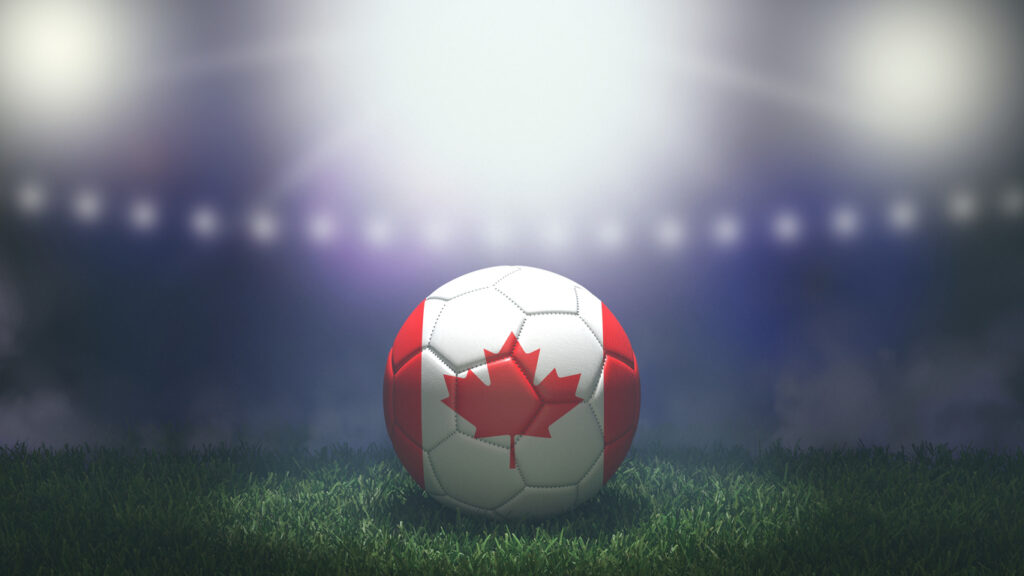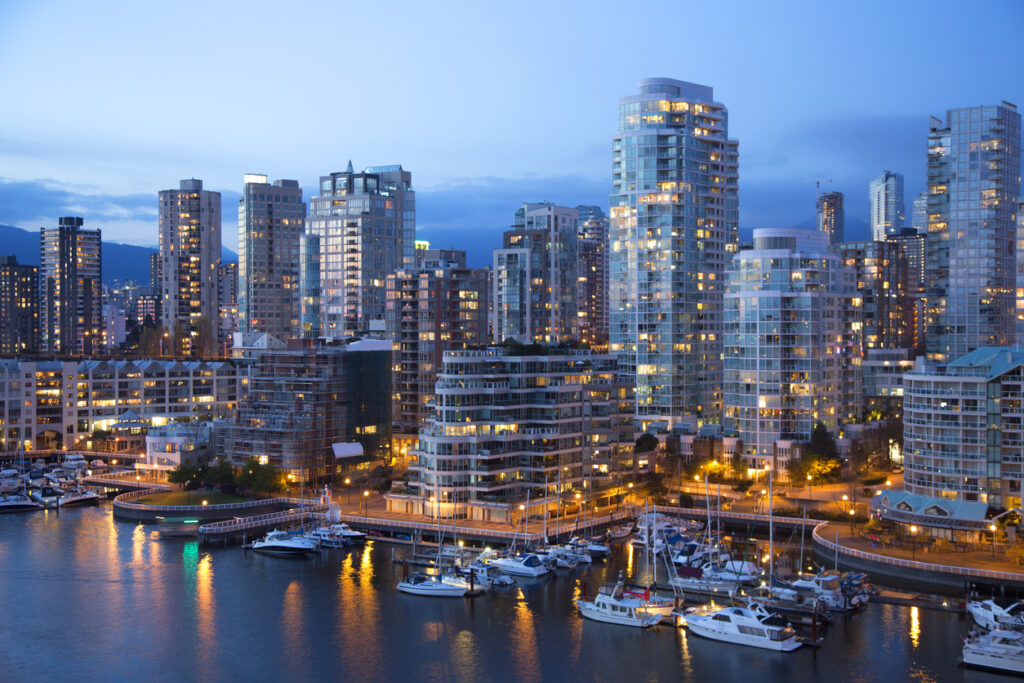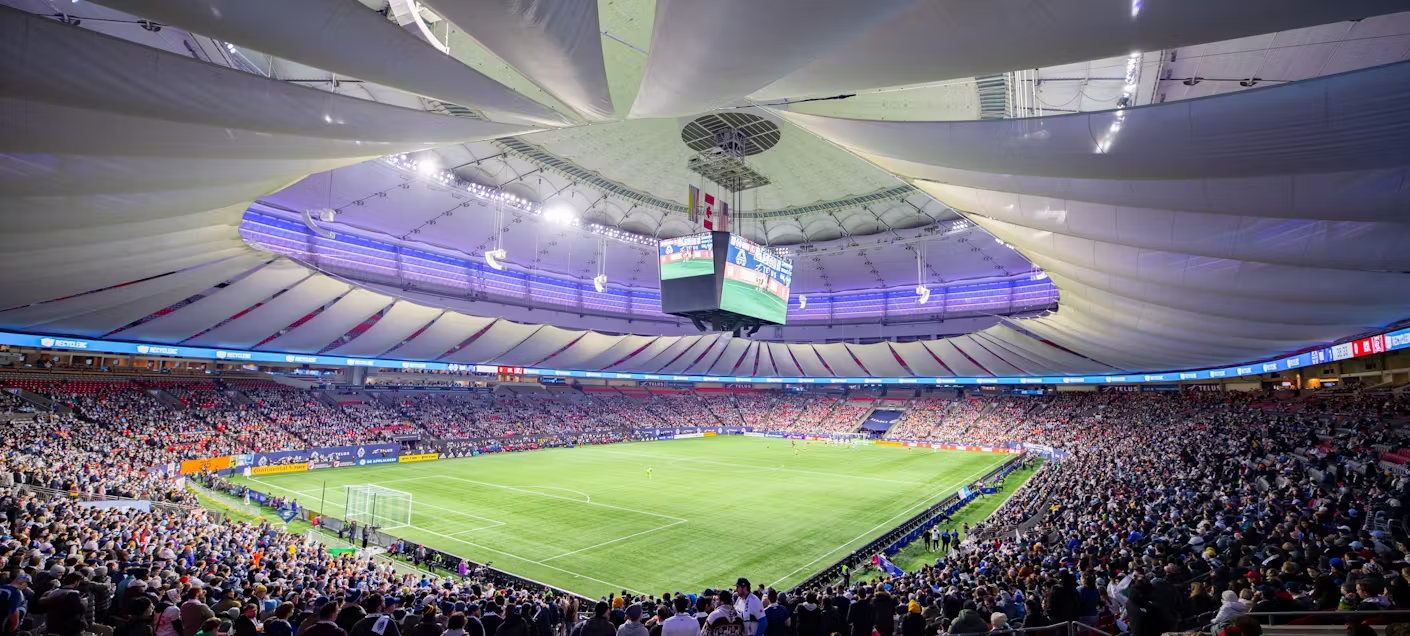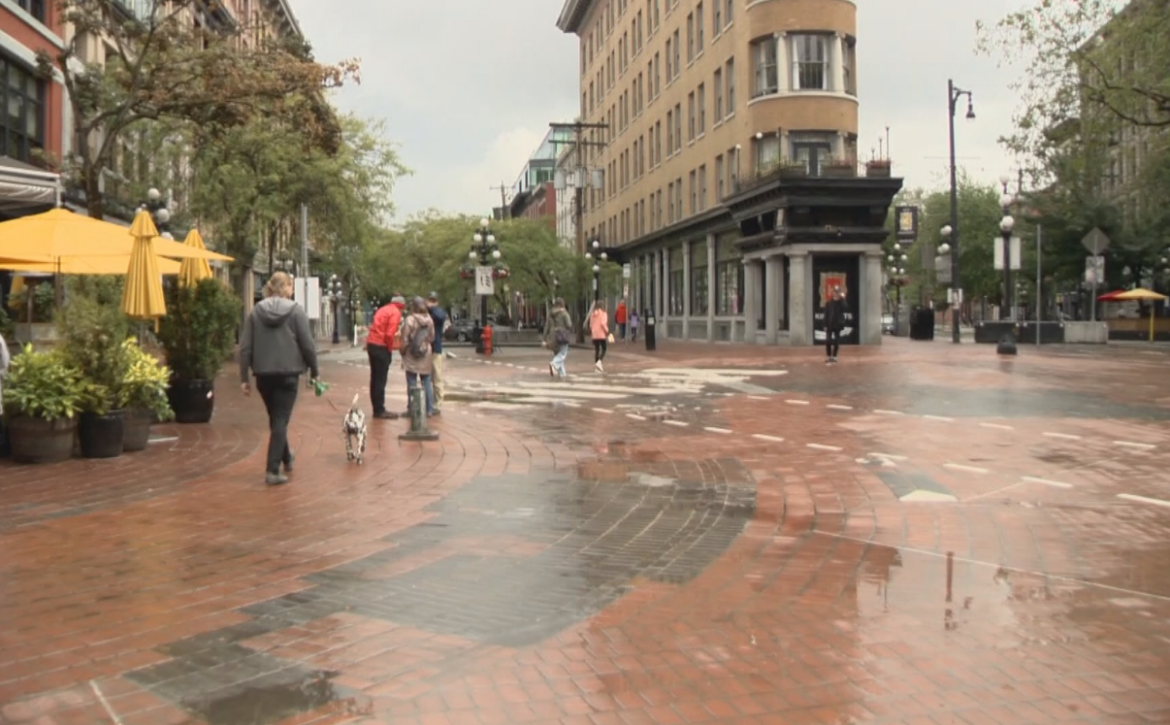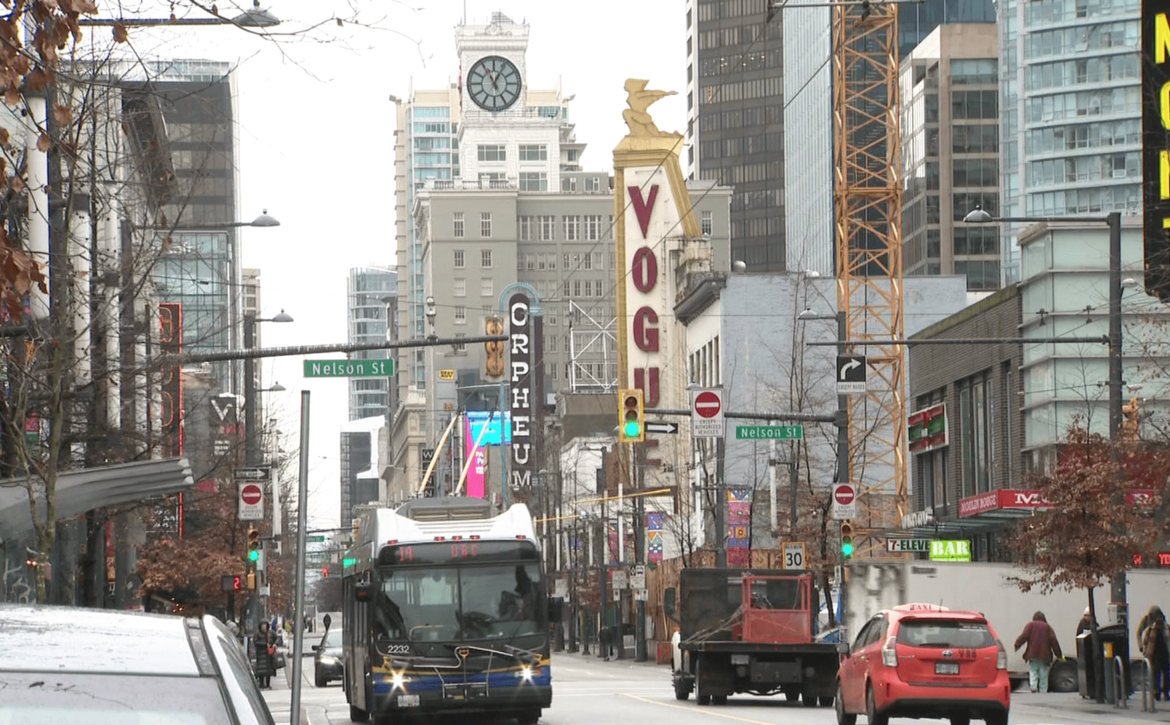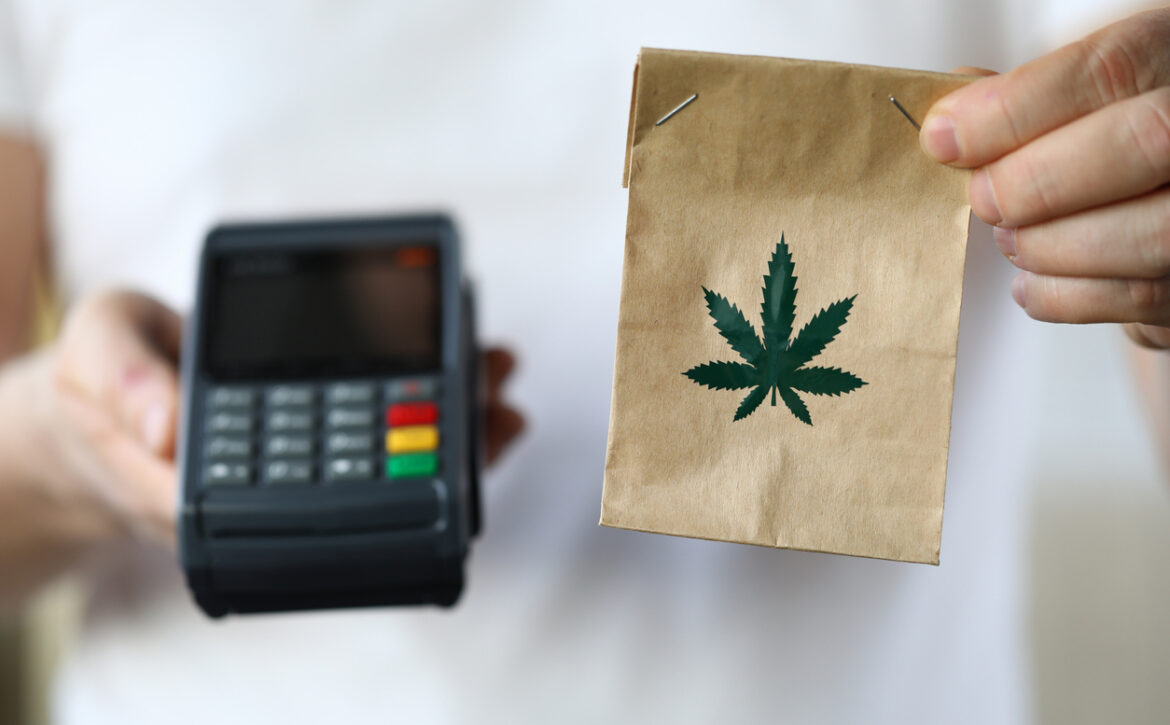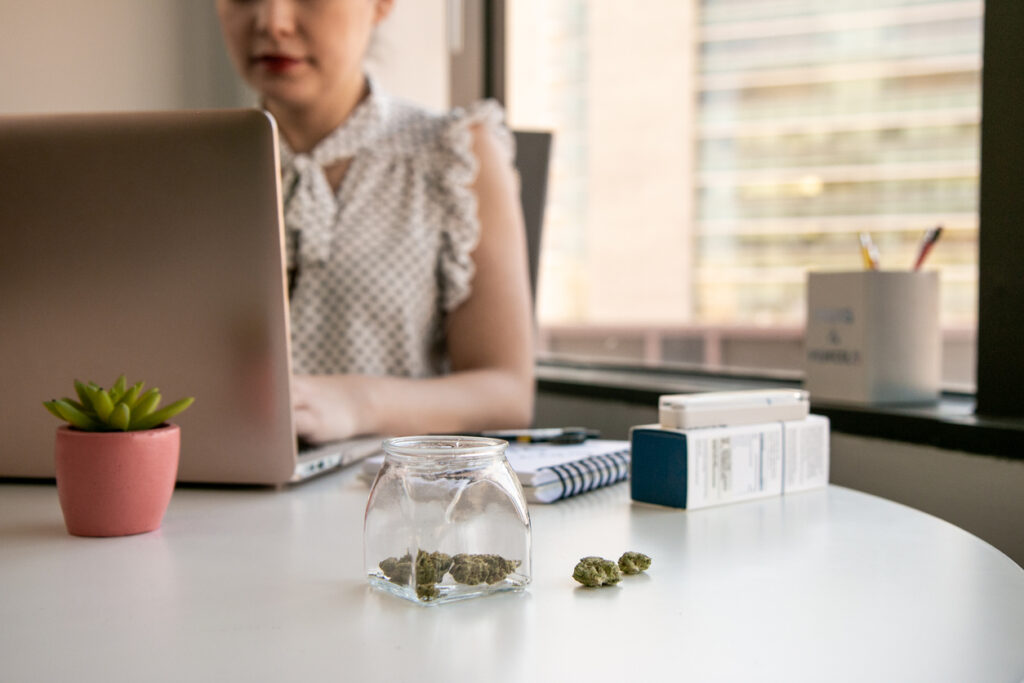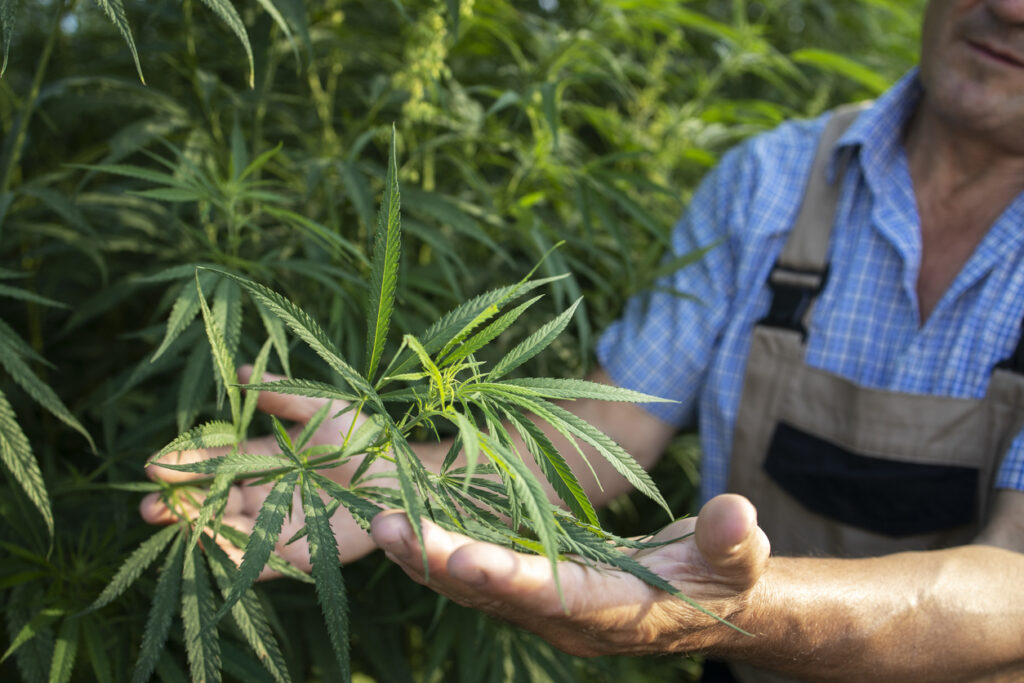The 2024 version of the BC Building Code, which came into effect on March 8, 2024, now mandates the installation of visual signal devices (strobe lights) in washrooms for restaurant projects outside of Vancouver as part of the fire alarm system design. This applies to new restaurants and existing restaurants that are undergoing renovations only.
These devices are meant to assist in the safe evacuation of occupants who are deaf or hard of hearing, or in spaces where music and other sounds may reach higher-than-normal decibel levels. This requirement is new to the building code, and failing to address it during the project’s design stage could result in expensive change orders during construction and schedule delays. For more information contact our trusted partner and expert in this field, Archos Engineering Consultants.
Contact Archos Consultants
All Temporary Extended Service Areas (TESA) Expire December 31st, 2024
This is a reminder that the LCRB’s Temporary Extended Service Areas (TESAs) will expire on Dec 31/2024. This means that businesses with TESA-licensed patios (from the pandemic era) must apply to the LCRB for permanent licensing for their patios.
LCRB staff mentioned to us that they haven’t received as many applications as they would expect and we strongly encourage those who have not secured their permanent patio licensing to reach out to us. We don’t want you to get caught without a patio next year!
You may have a summer patio permit from the City of Vancouver, but if it is a TESA, the patio area is no longer licensed by the LCRB / Province of British Columbia.
The good news is, that we are experts in successful patio applications and are ready to help you facilitate your permanent license.
Help me with my patio licensing
Bert Hick gets out of jail!
Bert Hick, along with some other well known Vancouverites, participated in a fundraiser for Crime Stoppers recently. Bert Hick was “arrested” by Metro Vancouver Crime Stoppers on September 13th with the intention to raise bail money to contribute to a great fundraising effort.
We supported Crime Stoppers in this initiative as they are a non-profit organization that works hard to keep us safe in our communities. They rely on events like these to continue their operation that provides a safe and anonymous way to report criminal activity. Information that may not be reported due to fear of retaliation or involvement. Since the program’s inception, over 8,100 arrests have been made and over ½ a billion dollars and property has been recovered.
Thank you to all who donated Bert’s bail money to get him released from ‘jail’, we are happy to have him back in the office!
Client Spotlight
The Seaside Hotel at the Shipyards in North Vancouver just completed a full Structural Change to double the size of their beautiful restaurant space.
Cristalina Parc Senior Living Facility in Kelowna just received full Food Primary licensing. This is Lakeview living at its finest, located just a block from Pandosy Waterfront Park and the boardwalk to Lake Okanagan.
Cielito Lindo has approval for their liquor license so they can serve you some yummy margaritas with their upscale Mexican fare! Visit them at 122 West Hastings in Vancouver.
What is a ‘PPE’ and should you have one?
A Patron Participation Entertainment Endorsement offers a variety of entertainment options, including: dancing, singing, stand-up comedy, open mike and trivia nights. You can also host dinner parties, weddings, and birthdays – provided that food service is available at all times and remains the primary focus of the establishment. This endorsement is valid until Midnight (no matter the hours of permitted operation listed on the licence.)
Congratulations to our valued clients Eldorado Hotel in Kelowna and Azur Hotel in Vancouver who just received their PPE approvals!
If you would like a PPE for your establishment, get in touch with us!
We are here to help
If you need guidance with your liquor licensing, cannabis licensing, compliance issues or business operations, get in touch with us!
Contact Rising Tide
